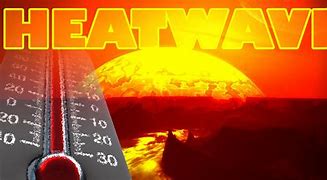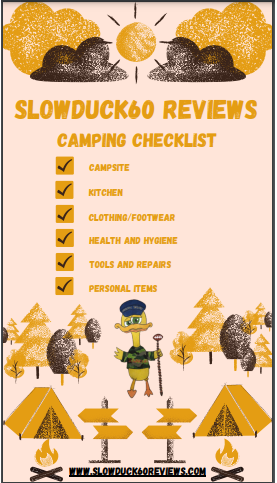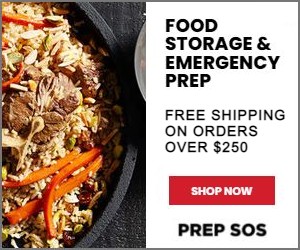Hot Weather Safety Tips: How to Beat the Heat


Summer is a time for fun in the sun, but it’s also important to stay safe in the heat. Heat-related illnesses, such as dehydration and heat exhaustion, can be serious, even deadly.
What is Heat Exhaustion?
Heat exhaustion is a condition that occurs when your body loses too much water and salt through sweating. This can happen when you’re working or exercising in hot weather, or if you’re not drinking enough fluids.
The symptoms of heat exhaustion include:
- Heavy sweating
- Dry skin
- Pale or flushed skin
- Headache
- Dizziness or lightheadedness
- Nausea or vomiting
- Rapid heart rate
- Shallow breathing
If you think you or someone you know is experiencing heat exhaustion, seek medical attention immediately.
How to Prevent Heat Exhaustion
There are a number of things you can do to prevent heat exhaustion, including:
Drink plenty of fluids. Water is the best choice, but you can also drink other fluids, such as sports drinks, juice, or milk. Avoid alcoholic beverages and drinks with caffeine, as these can dehydrate you.
Avoid dehydrating activities. If you’re going to be spending time outdoors, avoid activities that will make you sweat a lot, such as hiking or sports. If you do need to do these activities, take breaks in the shade and drink plenty of fluids.
Wear loose-fitting, light-colored clothing. This will help your body cool down by allowing sweat to evaporate.
Stay in the shade. If you’re going to be outside, find a shady spot to relax in.
Take cool showers or baths. This can help lower your body temperature.
Apply sunscreen. Sunburn can lead to dehydration, so it’s important to protect your skin from the sun.
Listen to your body. If you start to feel tired, dizzy, or nauseated, take a break and drink some fluids.
What is Heat Stroke?
Heat stroke is a more serious condition than heat exhaustion. It occurs when your body’s temperature rises above 104 degrees Fahrenheit. This can happen if you’re not drinking enough fluids, or if you’re exposed to high temperatures for too long.
The symptoms of heat stroke include:
- High body temperature
- Red, hot, dry skin
- Rapid heart rate
- Shallow breathing
- Confusion
- Seizures
- Unconsciousness
If you think you or someone you know is experiencing heat stroke, call 911 immediately. Heat stroke is a medical emergency and requires immediate treatment.
How to Prevent Heat Stroke
The best way to prevent heat stroke is to avoid getting too hot. This means drinking plenty of fluids, staying in the shade, and avoiding strenuous activity in hot weather.
If you must be in hot weather, here are some tips to help prevent heat stroke:
- Wear loose-fitting, light-colored clothing.
- Take cool showers or baths.
- Apply sunscreen.
- Drink plenty of fluids.
- Take breaks in the shade.
- Listen to your body. If you start to feel tired, dizzy, or nauseated, take a break and drink some fluids.
Additional Information
The National Weather Service (NWS) has a heat index chart that can help you determine how hot it feels outside. The heat index is a measure of how hot it feels when the temperature and humidity are combined.
The NWS also issues heat advisories and excessive heat warnings when the heat index is expected to reach dangerous levels. If you live in an area that is prone to heat advisories or excessive heat warnings, it’s a good idea to have a plan in place in case the heat becomes too much.
If you are taking medications, check with your doctor to see if they can affect your body’s ability to regulate temperature. Some medications can make you more susceptible to heat-related illnesses.
**If you have a chronic health condition, such as heart disease or diabetes, talk to your doctor about how to stay safe in the heat.
Conclusion
Heat-related illnesses can be serious, even deadly. By following these tips, you can stay safe and healthy this summer. So enjoy the warm weather, but be sure to stay hydrated and beat the heat.
View additional articles in our Expert Advice to stay safe and healthy as
you enjoy the great out doors!

Subscribe to our newsletter.
As a Thank You, check your inbox for our
FREE Camping Checklist
This checklist will ensure you and your family packed everything needed for a safe and enjoyable camping trip.





